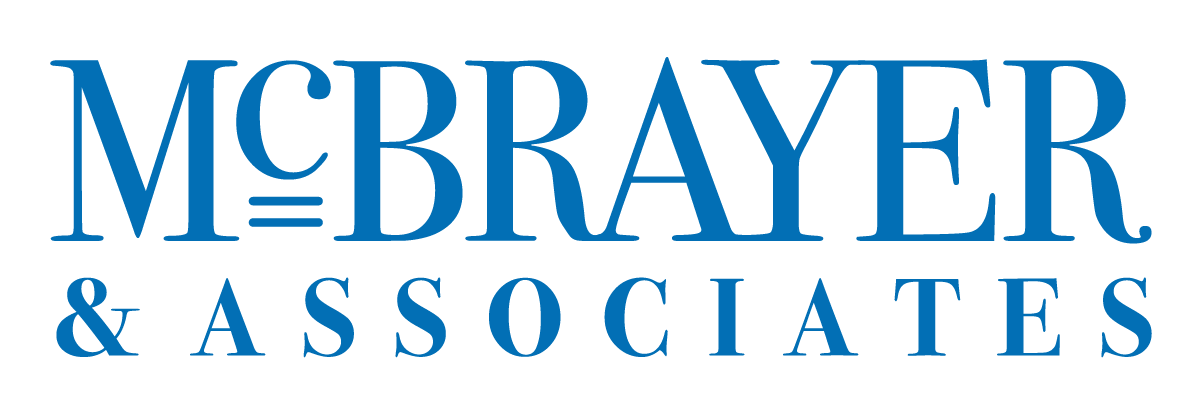3 Things Customers Want from Sales Pros

What do customers really want?
According to a study by the Strativity Group:
- 58% of executives said that their company “does not conduct true dialogue with customers”
- 67% of executives said that they “don’t meet frequently with customers”
- 59% said that the role of the customer was “not well-defined” at their companies
- 54% percent said that their company “does not deserve customer loyalty”
What can we conclude from these statistics? We tend to be internally focused and lack a true understanding of what the customer wants.
Customer Wants
According to Howard Stevens, Chairman & CEO of the HR Chally Group, there is a hierarchy of customer wants.
1. “We Want Substantiated Value”
Customers will decide based on a quantifiable return on investment (ROI). Now, more than ever, clients have to justify all expenses. The heart of the sales process is understanding what the customer wants to achieve relative to value. Sales training should focus the customer on the desired results they want.
Beware of canned “features & benefits”; a more persuasive technique is to ask the customer what the desired results are and customize the benefits in the discovery process jointly with the client.
2. “We Want Solutions, Not Products and Services”
As the old saying goes “no one wants to buy a drill, they want the holes the drill can create”. Clients want the sales pro to help solve their problems; they want a consultant not an order taker.
The typical sales process is to simply ask the customer about the problems they are trying to solve. However, there is a huge assumption with this approach—it assumes that the customer knows their problems, and most customers do not know. By positioning the sales pro as a consultant and establishing credibility, they can earn the right to ask penetrating questions designed to uncover the real problems.
As author John Gardner once wrote:
Most ailing organizations have a functional blindness to their own defects—it’s not that they can’t solve their own problems, rather they can’t see the problem.
It is the role of the sales pro, by asking discovery questions, to unveil the true problems. Once we understand the real problem, we can jointly solve it.
3. “We Want to Outsource Everything Except Our Core Competencies”
Apple manufactures few of its own products. Instead, it invests it’s time and resources in product design and development and sales and marketing. This is a strategy adopted by many high return companies: focus on our core competencies.
Therefore, they tend to outsource non-core competencies. Once we understand the problems that need to be solved, we must persuade the client that their non-core competency is our core competency. The key to influencing clients in this manner is to be congruent with the client’s beliefs and values, and differentiate your solution as the very best solution.
Conclusion
By demonstrating substantiated value, helping customers uncover their true problems and offering tailored solutions, you’ll be well on your way to closing the deal. Remember, you’re the expert, so demonstrate your expertise by helping your prospects find out what pain points they need to solve and how your product or service can help them solve it.
